Robert Malenka discusses reward’s role in autism
Watch the complete replay of Robert Malenka’s webinar on the molecular underpinnings of social reward.
From funding decisions to scientific fraud, a wide range of societal factors shape autism research.
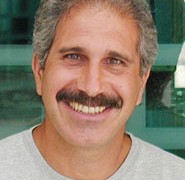
Watch the complete replay of Robert Malenka’s webinar on the molecular underpinnings of social reward.
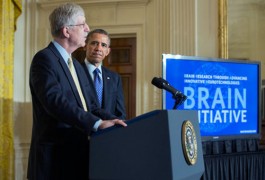
An influx of $4.5 billion from the federal government over the next 12 years could jump-start a new generation of technologies, including tools for autism research.

Parents who have a child with autism often decide not to have any more children, according to a study published last week in JAMA Psychiatry.
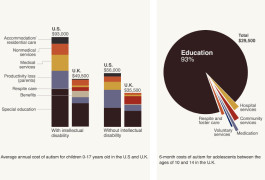
In the U.S. and U.K., education is the largest cost associated with caring for children with autism.
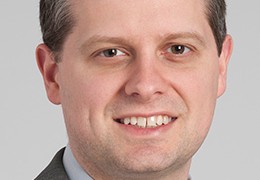
The number of people in a study, the proportion of male and female participants, and many other factors can affect research on sex differences in autism, says Thomas Frazier.
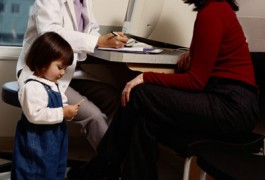
Two autism screens are better than one at identifying toddlers who need specialized clinical services.

The growing prevalence of autism is no different from that of other neurodevelopmental disorders, finds a study of more than 4.5 million people in four countries.

Watch the complete replay of Jeremy Veenstra-VanderWeele’s webinar on conceptual pathways for developing effective autism drugs.
If inherited risk for autism is 50 percent, does that make the remaining half of risk environmental? Scientists clarify a large population study.
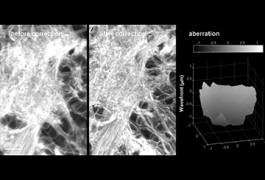
Taking a page from astronomy’s playbook, researchers have developed a way to take dramatically clear pictures of the inner workings of a zebrafish brain.